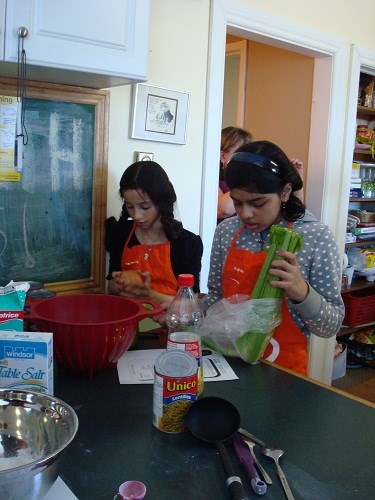Join BayToday+
- Messages
- Post a Listing
- Your Listings
- Your Profile
- Your Subscriptions
- Your Likes
- Your Business
- Support Local News
- Payment History
BayToday+ members
Already a +member?
Not a +member?
Sign up for a BayToday+ account for instant access to upcoming contests, local offers, auctions and so much more.


.jpg;w=120;h=80;mode=crop)
